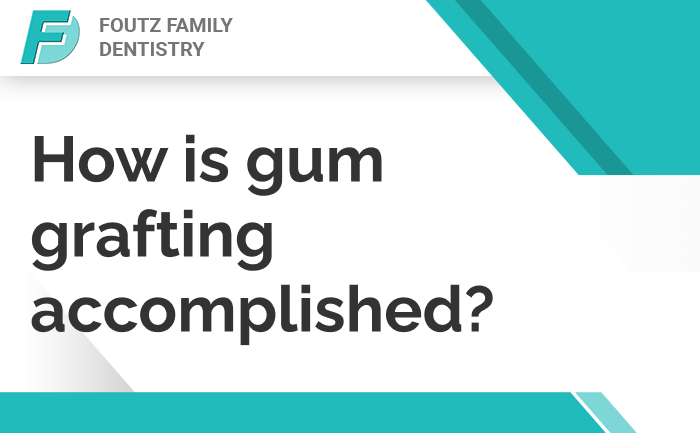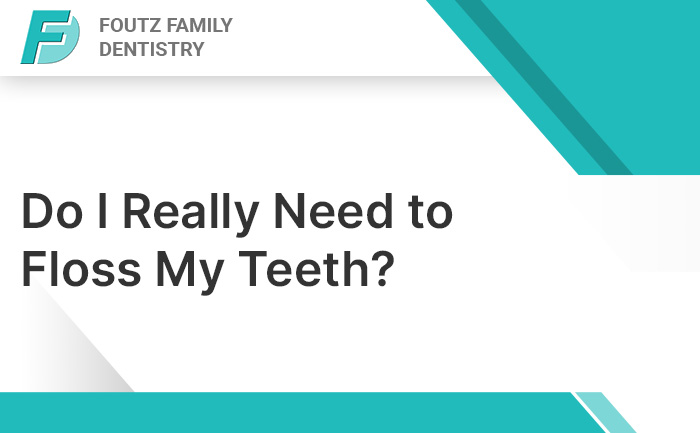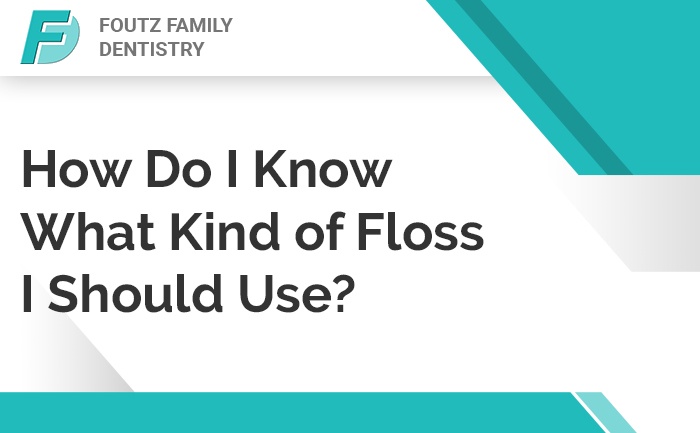Gum grafting is a common dental procedure used to treat gum recession — a condition where the gum tissue pulls away from the teeth, exposing the roots. This exposure can lead to increased sensitivity, a higher risk of decay, and an uneven appearance of your smile. Fortunately, gum grafting offers an effective solution to restore your gumline and protect your teeth.
But how exactly is gum grafting accomplished? Here’s a step-by-step look at the process:
-
Evaluation and Treatment Planning
Before beginning any gum graft, your dentist will thoroughly examine your teeth, gums, and overall oral health. Digital imaging or impressions may be used to map out the areas needing treatment. The type of gum graft needed will be determined during this stage. Common types include:
- Connective Tissue Grafts: The most common method, using tissue from beneath the surface of the roof of your mouth.
- Free Gingival Grafts: Using a thin layer of tissue from the roof of the mouth.
- Pedicle Grafts: Using nearby gum tissue that is partially cut and moved over the exposed root.
Your dentist will recommend the best option based on the severity of the recession and your specific needs.
-
Preparing the Donor Site
If tissue from your own mouth is needed, the dentist will carefully numb the area. A small section of tissue is then removed from the donor site, usually the palate (roof of the mouth), using minimally invasive techniques to reduce discomfort and speed healing.
-
Placing the Graft
The harvested tissue is then carefully positioned over the area where the gums have receded. It is sutured in place to ensure stability and encourage proper integration with the surrounding tissue. If a pedicle graft is used, nearby gum tissue is repositioned rather than harvested from the palate.
-
Healing and Aftercare
Following the procedure, you will receive detailed aftercare instructions. It’s important to avoid brushing the treated site and stick to soft foods during the initial healing period. Over time, the grafted tissue bonds with your existing gums, helping to restore a healthy, natural gumline.
Most patients experience minimal discomfort, and complete healing typically occurs over a few weeks. Regular follow-up appointments are important to monitor progress and ensure optimal results.
Why Gum Grafting Matters
Gum grafting isn’t just cosmetic — it plays a critical role in preserving your oral health. Covering exposed roots helps reduce sensitivity, lowers the risk of cavities, and supports the long-term stability of your teeth.
At Foutz Dental, we are committed to providing advanced periodontal care with a gentle and personalized approach. If you’re experiencing gum recession, we invite you to schedule a consultation and learn more about how gum grafting can restore and protect your smile.
Contact Foutz Dental today to learn more!












